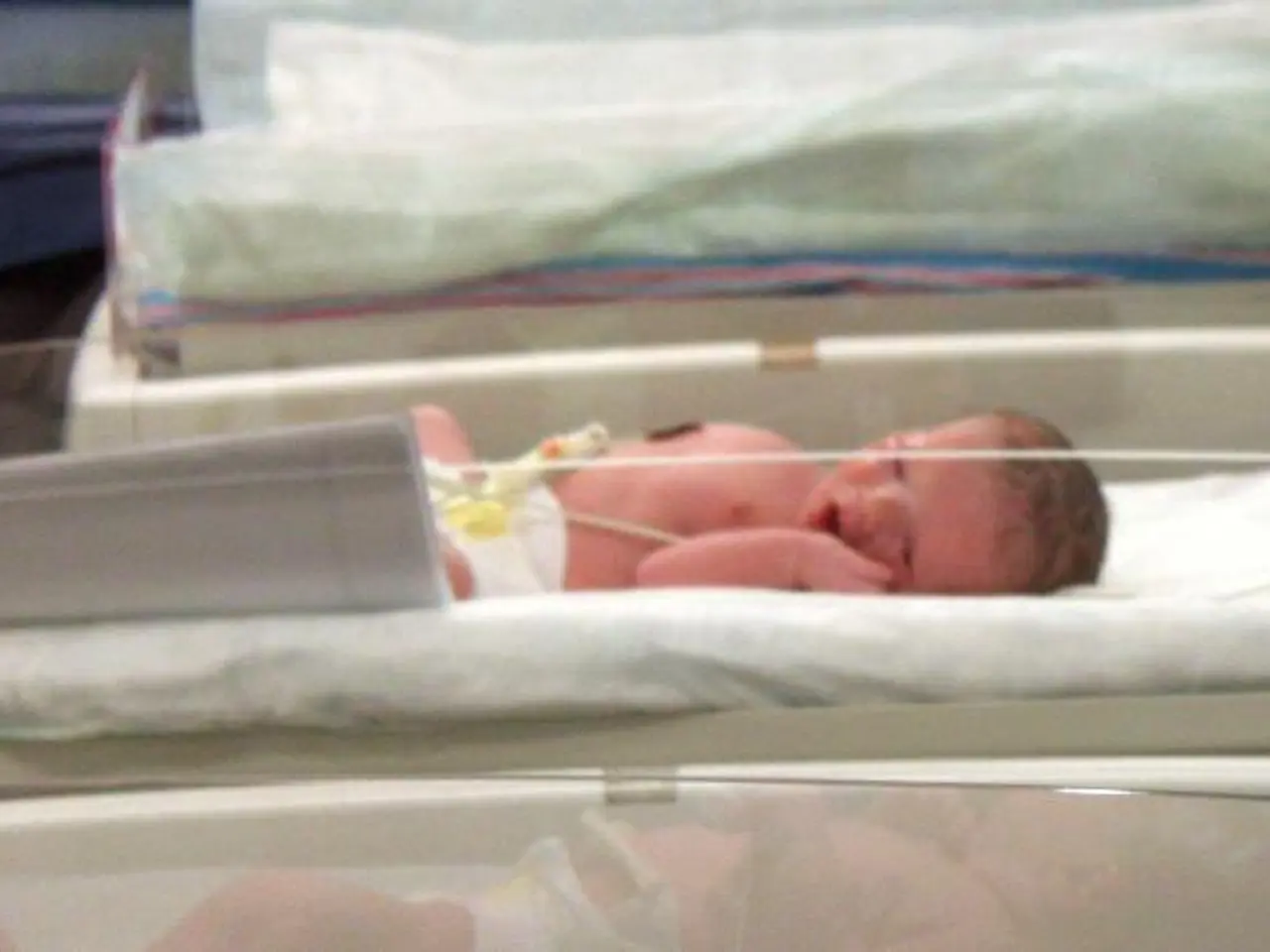Advanced Ultrasound Equipment Fueled by Artificial Intelligence Brings Brighter Future to Maternal Healthcare in Kenya
Google and Jacaranda Health have joined forces to revolutionize maternal healthcare in Kenya through an eight-month research project that harnesses the power of artificial intelligence (AI). This initiative is part of Google's broader public health programs in Africa.
The project aims to combat high rates of maternal and neonatal deaths in Kenya, a country that faces significant challenges in providing adequate prenatal care. Only 16% of pregnant women in Kenya have access to ultrasound services, due to factors such as expensive traditional ultrasound machines, specialized operators, and frequent power outages.
The collaboration will see the testing of new handheld ultrasound devices that are more portable, efficient, and user-friendly than traditional ones. The integration of AI technology in these devices simplifies the process of obtaining and interpreting ultrasound images, enabling nurses and technicians to perform examinations with minimal training.
This project could be a game-changer for maternal healthcare in Kenya and potentially across the entire region. If successful, it could make quality healthcare a right accessible to all, rather than a privilege. Every dollar invested in digital technology in Sub-Saharan Africa is expected to yield over two dollars for the region's wider economy by 2030, underscoring the strategic importance of connectivity, cloud computing, and artificial intelligence in driving economic growth and improving quality of life across the continent.
In addition to the project in Kenya, Google has partnered with the OnTIME Consortium in Nigeria to develop a tool that estimates average travel times to emergency obstetric care facilities. This initiative has been implemented in Nigeria's 15 largest cities and could improve access to critical care for countless expectant mothers.
Google has also invested $1.5 million in Makerere University's Ocular project in Uganda. The Ocular project is an AI-based program aimed at enhancing the diagnosis of Malaria, Tuberculosis, and Cervical Cancer. It makes advanced diagnostic tools more accessible in resource-limited settings by combining smartphone technology with existing microscopes and AI-powered computer vision to create a mobile microscopy solution.
These initiatives represent more than just technological advancements; they embody hope for millions of expectant mothers and their families. The success of these healthcare initiatives in Africa could pave the way for similar programs across other developing regions, potentially revolutionizing global maternal healthcare.







